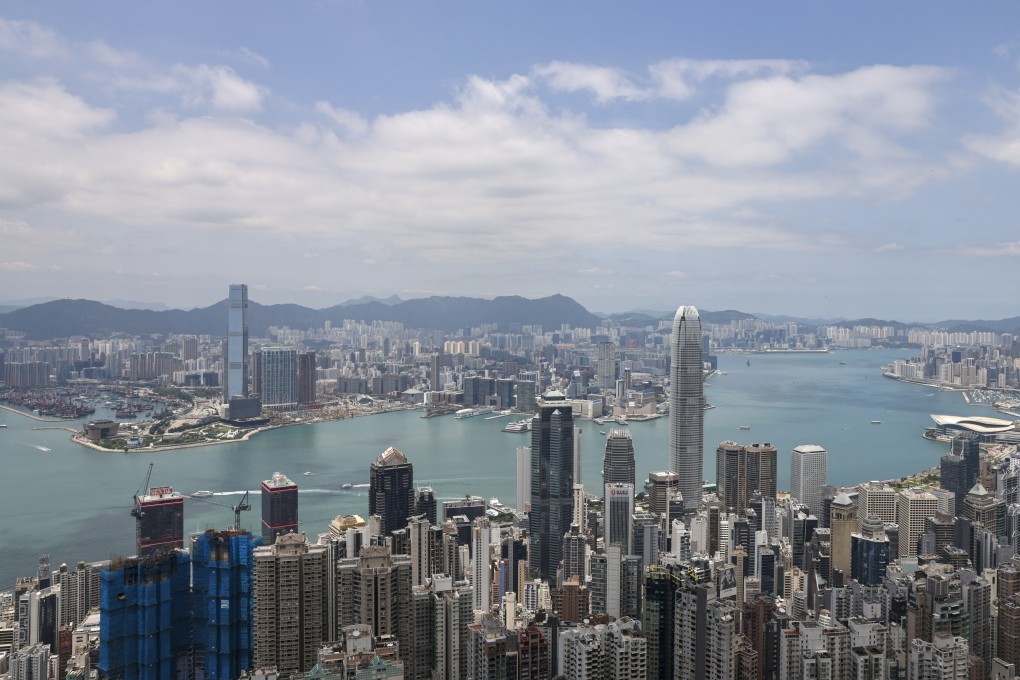Letters | How Hong Kong can capitalise on China’s edge in innovation
- Technology champions like Huawei are driving Chinese patent applications and the nation’s transformation into an innovative economy
- Hong Kong can help shape an intellectual property system of international standards for the Greater Bay Area

Since 2018, the United States and China have been engaged in a trade war, and a main area of dispute has been intellectual property. After about four years, the US’ aim of containing China’s technological development would seem to have failed.
In the era of globalisation, intellectual property is at the core of the national economy and of development. China’s intellectual property regulations had a later start than the West’s. The US’ accusations of technology theft and its strategy of economic decoupling undermine the development of hi-tech enterprises in China. However, as an outstanding representative of Chinese tech, Huawei has improved substantially and even become a pioneer in certain areas.
Last year, there were nearly 70,000 patent applications to the PCT from China, making it the top-ranked country in the world for such applications for the third consecutive year. Some 13 Chinese companies were ranked among the top 50 companies with the most applications worldwide. The data signifies China’s gradual transformation into a more innovative economy.